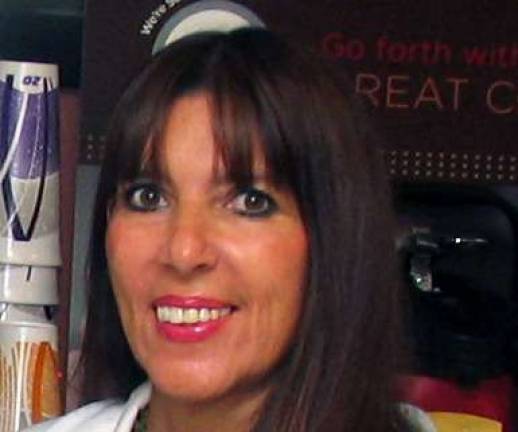Carbohydrates: Which matters most? Quality or quantity?

WARWICK — The key to keeping blood glucose levels at your goal is to balance the food you eat with your physical activity and any pills or insulin you take.
If you eat more carbohydrates than usual, you can expect your blood glucose levels to be higher than usual.
Likewise, if you eat less, you can expect your blood glucose levels to be lower.
Finding the balance for yourself is important so you can feel your best, do the things you enjoy, and lower your risk of diabetes complications.
That message from the American Diabetes Association will be the subject of a talk that St. Anthony Community Hospital Lead Dietitian Janine Killeen, a member of the Morrision Food Service team, will present to adults attending the regular monthly meeting of “Diabetes in Check” on Monday, March 18.
The support group, open to anyone with Type 1 or Type 2 diabetes, is sponsored by the Center for Diabetes Education at St. Anthony Community Hospital.
“Diabetes in Check,” will meet from 6:30-7:30 p.m. in the hospital’s second-floor conference room. The program is geared toward all adults with diabetes and their families.
“People who have diabetes know the impact of carbohydrates on their blood sugar and they should be watchful of the number of carbohydrate grams they are consuming for meals as well as snacks,” Certified Diabetes Educator Lourdes Braadt said in the center’s press release announcing the program. “How many carbohydrates, which can be measured in grams or servings that you eat per day, is important when you want to maintain or lose weight. Janine will briefly discuss carbohydrate counting and above all, discuss what matters most, quality or quantity.”
Essential information
The Center for Diabetes Education at St. Anthony Community Hospital offers a series of classes for all patients who have been recently diagnosed with diabetes or those who demonstrate poorly controlled diets. During group or individual sessions, clinical instructors offer initial assessment, emotional support and will seek to help patients achieve a better understanding of the disease.
Seating is limited; call 845-987-5168 to reserve a seat.
For more information about the Center for Diabetes Education, call 845-987-5168 or visit bschs.bonsecours.com.